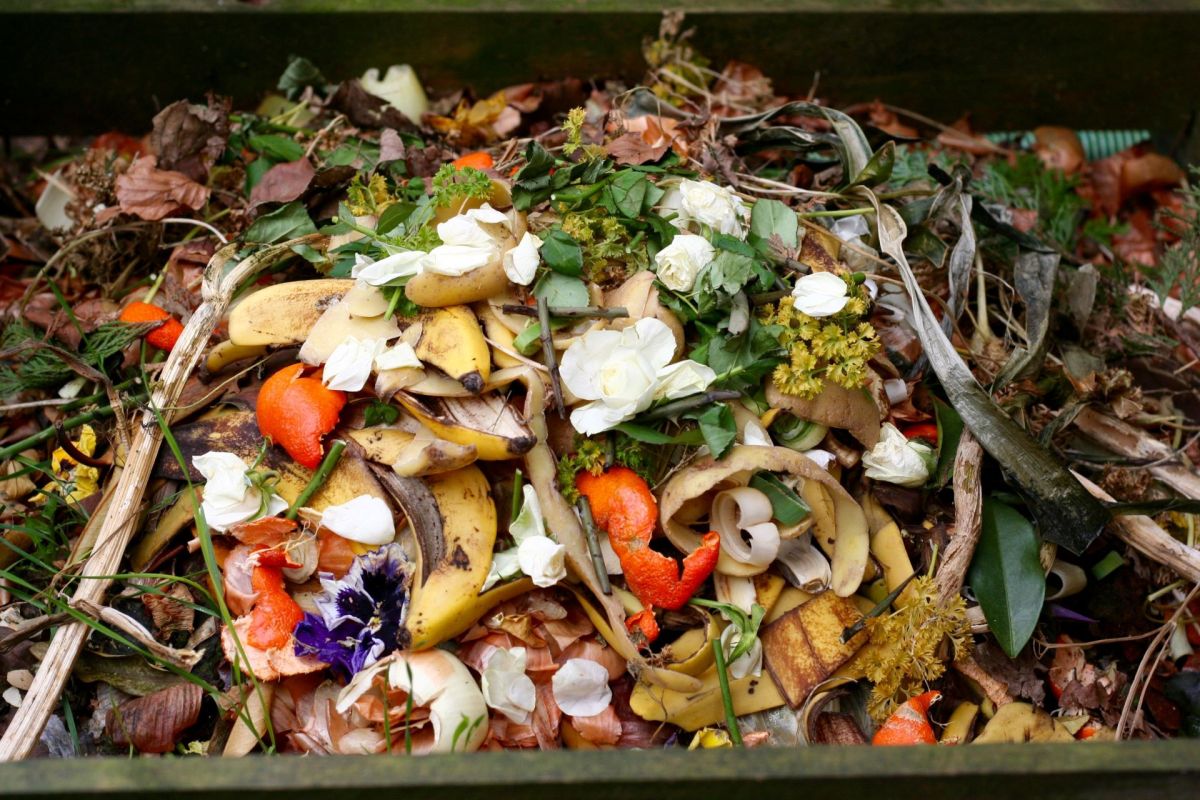A movement is underway to turn trash and waste into gas. Led by Divert, a company out of Massachusetts, the goal is to tackle food waste and convert it into energy — a mission that is met with skepticism by many in the environmental space.
The Environmental Protection Agency reports that food is the most abundant material in landfills. As food rots, it emits the heat-trapping gas methane, making landfills the third-largest source of human-related methane emissions in the United States. Another huge contributor to methane is manure, with feedlots producing tons of the toxic gas.
Divert takes what food waste can't be prevented and tries to recover usable food and donate it to communities in need. Then it converts the remaining waste to gas at one of its anaerobic digestion facilities.
The organic matter is broken down, and — along with other outputs — the methane gas that would otherwise be released is essentially converted into biogas and used to produce heat and electricity. Alternatively, it is processed further and injected into natural gas pipelines or used to fuel vehicles.
Oil and gas companies lead investment in biogas, which has some environmental experts warning against it.
Some worry that the push comes from the recently-passed Inflation Reduction Act, which offers tax credits for companies that build equipment like anaerobic digesters and produce biogas. The concern is that this will drive them to create more of the polluting waste needed to make the biogas.
The Conservation Law Foundation says biogas isn't as "clean" as it's advertised, stating that it still contains 90% methane and that it releases nitrous oxide when burned, which creates smog.
Further, methane can leak during the conversion process, which could offset the climate benefits of using biogas, according to the foundation.
The overall concern is that biogas is touted as a major climate solution equal to wind and solar, but in reality, it will only play a small part.
The persuasive message to consumers from the companies producing biogas is that they can keep all their appliances and simply fuel them with this new clean gas.
Sasan Sadaat, a senior research and policy analyst for Earthjustice, said, "What's missing from that message is an honest assessment of how scant the supply of sustainable [renewable natural gas] (RNG) is and how risky the potential is that RNG could actually increase climate impacts."
Executive director of the Renewable Thermal Collaborative, Blaine Collison, said, "If we decided we wanted to RNG our way to complete decarbonization, we really can't, because there just isn't enough feedstock."
Join our free newsletter for cool news and actionable info that makes it easy to help yourself while helping the planet.









